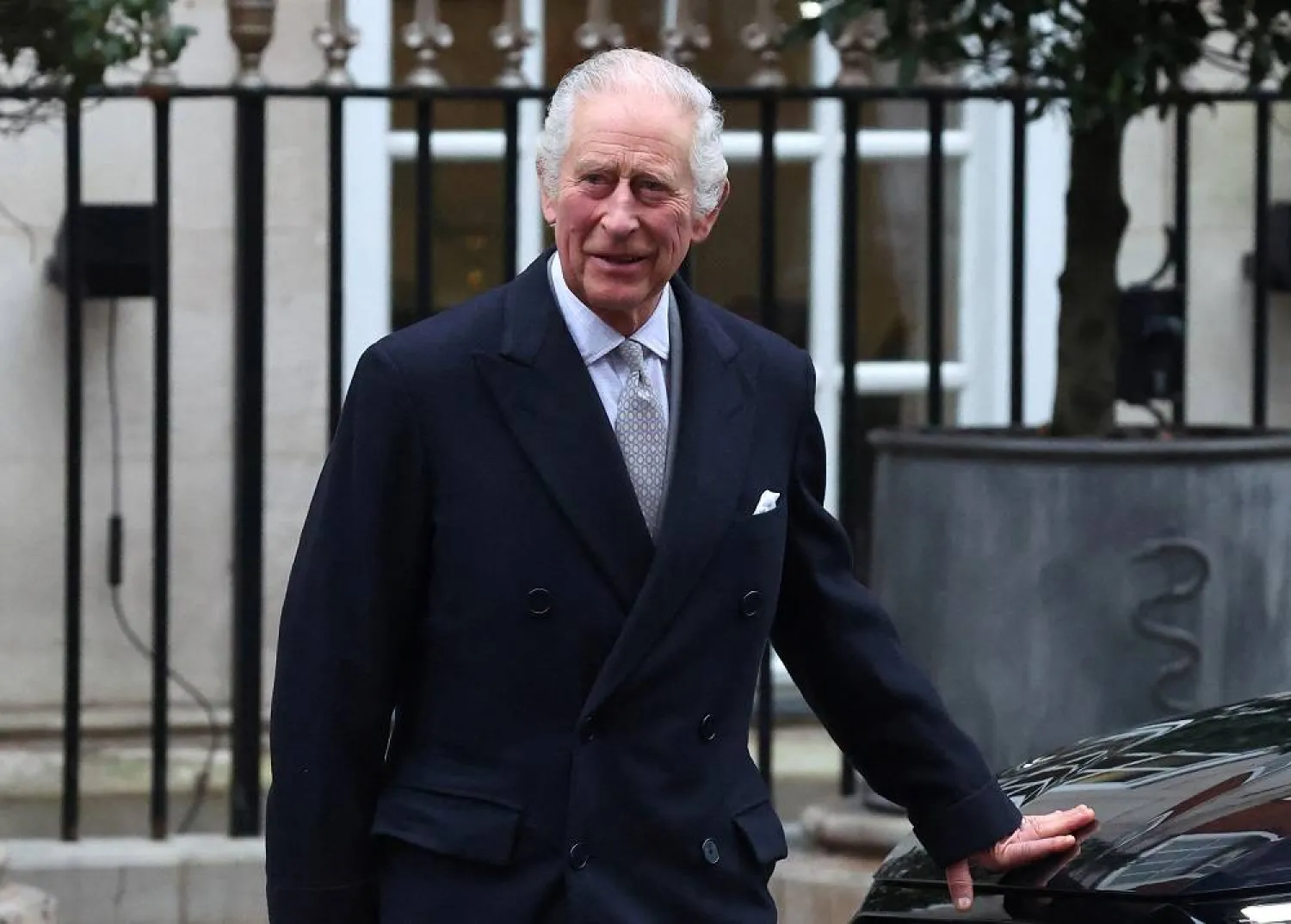Britain's King Charles III has been diagnosed with cancer and has begun treatment, Buckingham Palace said Monday. Less than 18 months into his reign, the 75-year-old monarch will suspend public engagements but will continue with state business, and won't be handing over his constitutional roles as head of state.
The palace didn't disclose what form of cancer the king has, but said it's not related to his recent treatment for a benign prostate condition.
The palace said "a separate issue of concern was noted" during Charles' treatment for an enlarged prostate last month, when he spent three nights in a London hospital.
"Diagnostic tests have identified a form of cancer," it said in a statement.
"His Majesty has today commenced a schedule of regular treatments, during which time he has been advised by doctors to postpone public-facing duties," the palace said. "Throughout this period, His Majesty will continue to undertake State business and official paperwork as usual."
The king is being treated as an outpatient, the palace said.
It said Charles, who has generally enjoyed good health, "remains wholly positive about his treatment and looks forward to returning to full public duty as soon as possible."
The palace added that the king "has chosen to share his diagnosis to prevent speculation and in the hope it may assist public understanding for all those around the world who are affected by cancer."
Charles became king in September 2022 when his mother, Queen Elizabeth II, died at the age of 96 after 70 years on the throne.
News of the king's diagnosis comes as his daughter-in-law Kate, Princess of Wales, recovers from abdominal surgery that saw her hospitalized for about two weeks.
Kate is still taking a break from royal duties as she recovers. Her husband, Prince William, who is heir to the throne, also took time off to help look after the couple's three children, but is due to preside over an investiture ceremony at Windsor Castle and a charity dinner on Wednesday.
Charles took the throne intending to preside over a slimmer monarchy with fewer senior royals carrying out ceremonial public duties. But with Charles and Kate both temporarily sidelined, Prince Harry self-exiled to California and Prince Andrew largely banished from view because of his friendship with sex offender Jeffrey Epstein, the royal "Firm" risks becoming severely overstretched.
The king personally called both William and Harry — as well as his siblings Princess Anne, Prince Andrew and Prince Edward — to share news of his health.
Harry, who quit royal duties in 2020, has spoken to his father about the diagnosis and "will be traveling to UK to see His Majesty in the coming days," said the office of Harry and his wife, Meghan.
UK political leaders sent messages of support. Prime Minister Rishi Sunak tweeted: "Wishing His Majesty a full and speedy recovery. I have no doubt he’ll be back to full strength in no time and I know the whole country will be wishing him well."
US President Joe Biden, traveling in Las Vegas on Monday, said he had just learned about Charles’s diagnosis and said he hopes to speak with him, "God willing."
"I’m concerned about him," Biden told reporters.
The president later posted on X, formerly known as Twitter: "Navigating a cancer diagnosis, treatment, and survivorship takes hope and absolute courage. Jill and I join the people of the United Kingdom in praying that His Majesty experiences a swift and full recovery."
Charles departed from royal tradition with his openness about his prostate condition. For centuries Britain's royal family remained tight-lipped about health matters.
When UK monarchs had real power, news of illness was withheld for fear it might weaken their authority. The habit of secrecy lingered after royals became constitutional figureheads.
The British public wasn’t told that Charles’ grandfather, King George VI, had lung cancer before his death in February 1952 at the age of 56, and some historians have claimed that the king himself wasn’t told he was terminally ill.
In the final years of Elizabeth's life, the public was told only that the queen was suffering from "mobility issues." The cause of her death was listed on the death certificate simply as "old age."
Pat Price, founder of the Catch Up With Cancer campaign, said millions shared the "collective concern" for the king's health.
"The king’s openness about his battle with cancer is a powerful reminder that one in two of us may face cancer at some point in our lives," Price said.









